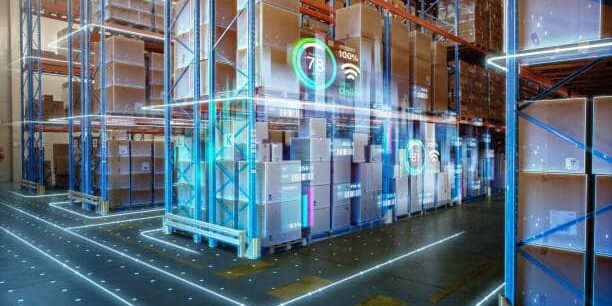The logistics automation market is experiencing robust growth, fueled by technological advancements, rising global trade, and an increasing demand for enhanced efficiency and cost savings. The market was valued at approximately USD 32.70 billion in 2023 and is projected to soar to USD 77.61 billion by 2031, reflecting a remarkable compound annual growth rate (CAGR) of 11.41% from 2024 to 2031. This expansion underscores the critical role automation plays in modern supply chain management, enabling businesses to streamline their operations and improve overall performance.
The logistics automation sector presents several exciting opportunities for supply chain professionals. By implementing automated solutions, organizations can significantly improve their operational efficiency, reducing manual labor and minimizing errors. This not only leads to cost savings in labor and transportation but also enhances visibility within supply chains, allowing for the identification and resolution of potential bottlenecks. Additionally, automated systems offer scalability, enabling businesses to adapt to changing demands and ensuring flexibility in their operations.
However, the logistics automation market is not without its challenges. The initial investment in automation technologies can be considerable, necessitating strategic financial planning. While advancements have been made, limitations in technology, concerns about labor displacement, and cybersecurity risks remain critical considerations for organizations seeking to adopt automation. Furthermore, navigating regulatory compliance related to data privacy and safety can be complex, but overcoming these challenges is essential for capitalizing on the benefits of automation.
The growing demand for logistics automation is largely driven by the rapid expansion of e-commerce and global trade, which have heightened the need for efficient logistics services. As supply chains become increasingly complex, automation emerges as a vital tool for optimizing operations. In addition, consumer expectations for faster and more reliable delivery services further drive the adoption of automated solutions. With automation, companies can also address environmental concerns by optimizing transportation routes and minimizing waste.
Key trends shaping the logistics automation market include the integration of robotics for tasks such as picking and packing, the utilization of artificial intelligence (AI) to enhance routing and inventory management, and the deployment of Internet of Things (IoT) devices for improved tracking and monitoring of assets. The rise of autonomous vehicles and the growing popularity of cloud-based logistics platforms are also set to revolutionize the industry. As organizations continue to embrace these innovations, they position themselves for sustainable growth in the evolving logistics landscape.
#ICTTMNews #BreakingNews #LogisticsInnovation #SupplyChainTrends #AutomationAdvancements #TradeGrowth #IndustryInsights







